Diagnosed with kidney disease at age 18, Karen Nicole has recovered from a kidney transplant, a cardiac arrest and, most recently, a rare cancer. She went from using a walker in her 30s to working out four times a week. As a patient advocate, she fights for the best care for herself and for others. But after climbing “many Everests,” she’s comforted in knowing that she can one day choose to die at home.
“I was asked by one of my nephrologists to join a committee at the hospital to provide the patient voice. He felt that I could bring a wide breadth of experience with kidney disease. Many of the people on dialysis are very weak and frail. They can’t organize their schedule and parking to come in for the extra days to participate in these committees. So I felt a sense of responsibility to speak on their behalf.”
“As I prepared for the role, I thought about the different stages of my health. Kidney disease often causes heart problems which is why I had a cardiac arrest in 2011 and left the hospital with a walker. I’ve had home care, with personal support workers coming in and helping me at different times. I’ve had a painful bone disease. In November, a mass in my heart was removed through open heart surgery, and it was found to be an angiosarcoma – a very rare form of cancer. (I’ve had MRIs since and they’ve confirmed that I’m now cancer-free.) At certain points in my life, I have been very frail. I can draw from all of these different patients that I have been over time.”
“Very early on, one of the senior nephrologists, someone I pretty much figured was part of the old guard, cornered me at a conference.”
He said, ‘Make sure you’re in the driver’s seat. If we’re off topic or veering in some crazy direction that you don’t feel is patient-centred, it’s your responsibility to grab the wheel and get us back on the road.’
“I was pretty shocked! He was retired and someone who I thought was going to be, you know, ‘Sit down and know your place. We’re physicians, and you’re not.’ It was one of the first times that a doctor spoke to me as a peer. What he said was so meaningful. I was like, ‘Okay, this is real. They really want our input.’”
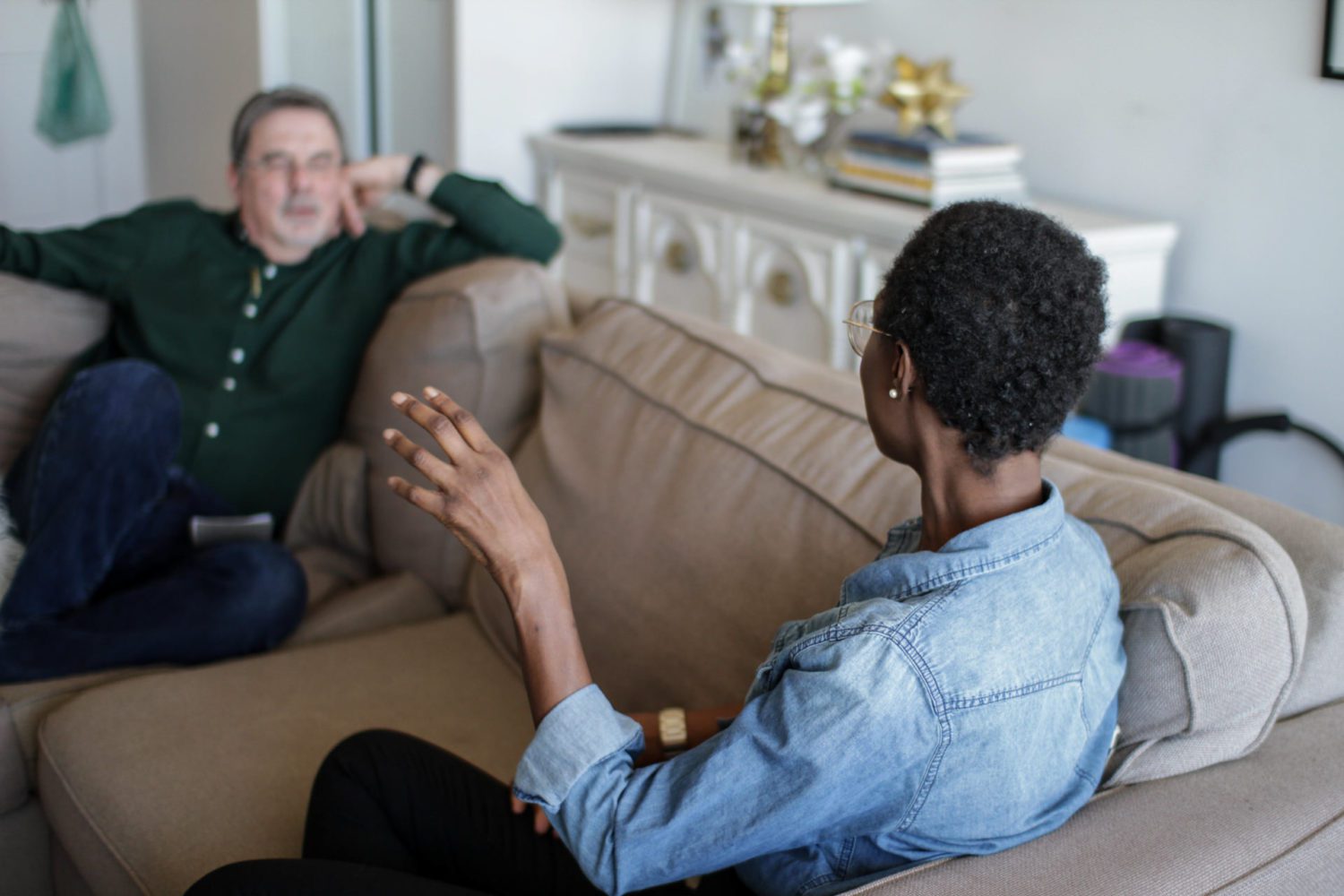
“What happened when you had your cardiac arrest?”
“I was very lucky. My boyfriend woke up in the middle of the night. He said he heard a woman’s voice. We still haven’t figured that one out. I am not sure what you believe, but I felt that was pretty miraculous. He works in a nursing home and had training in how to do CPR. As soon as he realized that I was not breathing, he started compressions right away. We happened to be at my aunt’s house, so he yelled to her to call the ambulance. The paramedics used the defibrillator on me four or five times and then they rushed me to the hospital.”
“They put me in a medically induced coma. They basically told my family that they would keep me like that for a little while and then there were three possibilities. One was I would come out in a vegetative state and have to live in a home care-type environment. The second was that they would take me out of the coma and I would die. And the third one was I would come back to be myself or some version of myself. I am really glad I got number three!”
At the beginning after my coma, I was pretty child-like, with no short-term memory at all. And then one day I just woke up into myself.
“Now, if I am going to the grocery store and I don’t write down a list, I will definitely forget one or two things. But otherwise I feel mentally back to normal.”
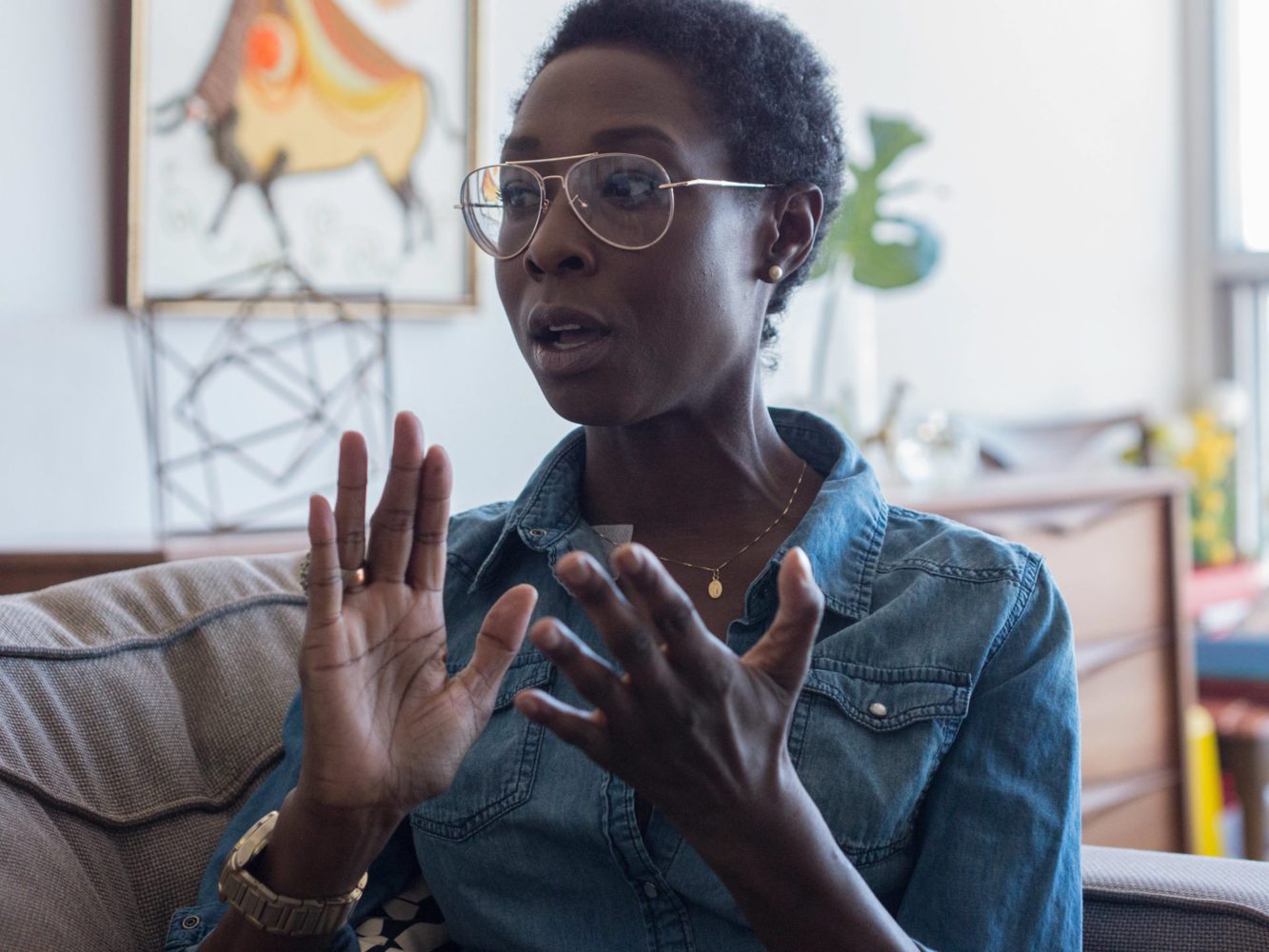
“I work as a trainer in a program where medical students have to examine and diagnose actors who are pretending to have certain diseases. The actors then give feedback to the students about how they performed. Of course, medical students aren’t always that keen on getting criticism from lay people. Some have been told that the sun rises and sets off of them. We work a lot on how to give constructive feedback. If the students aren’t listening or aren’t receptive, what’s the point?”
“When they get feedback that they sat with bad body language or were doing weird eye contact, a lot of times they are like, ‘Oh my God, I can’t believe I did that!’ Maybe they should have been leaning in to show that they are empathetic, but they’re laid back with their feet practically up. They are filmed, so they can see how they come across if they don’t believe you.”
“I think we have come a long way. A lot of it is what the school expects from them. If you have students who are getting passed through the system without being required to improve in some areas, that’s not good.”
If people are almost failing medical school because they are not working on their bedside manner, that’s a hugely positive thing for me.
“When you see that students are appropriately pulled aside and they get extra work, you think that we’ll have a more positive, patient centered, empathetic group of doctors graduating from medical school. But there are some that you think, ‘You should have gone into research! You are not suited to speak to human beings, especially not in times of sickness.’”
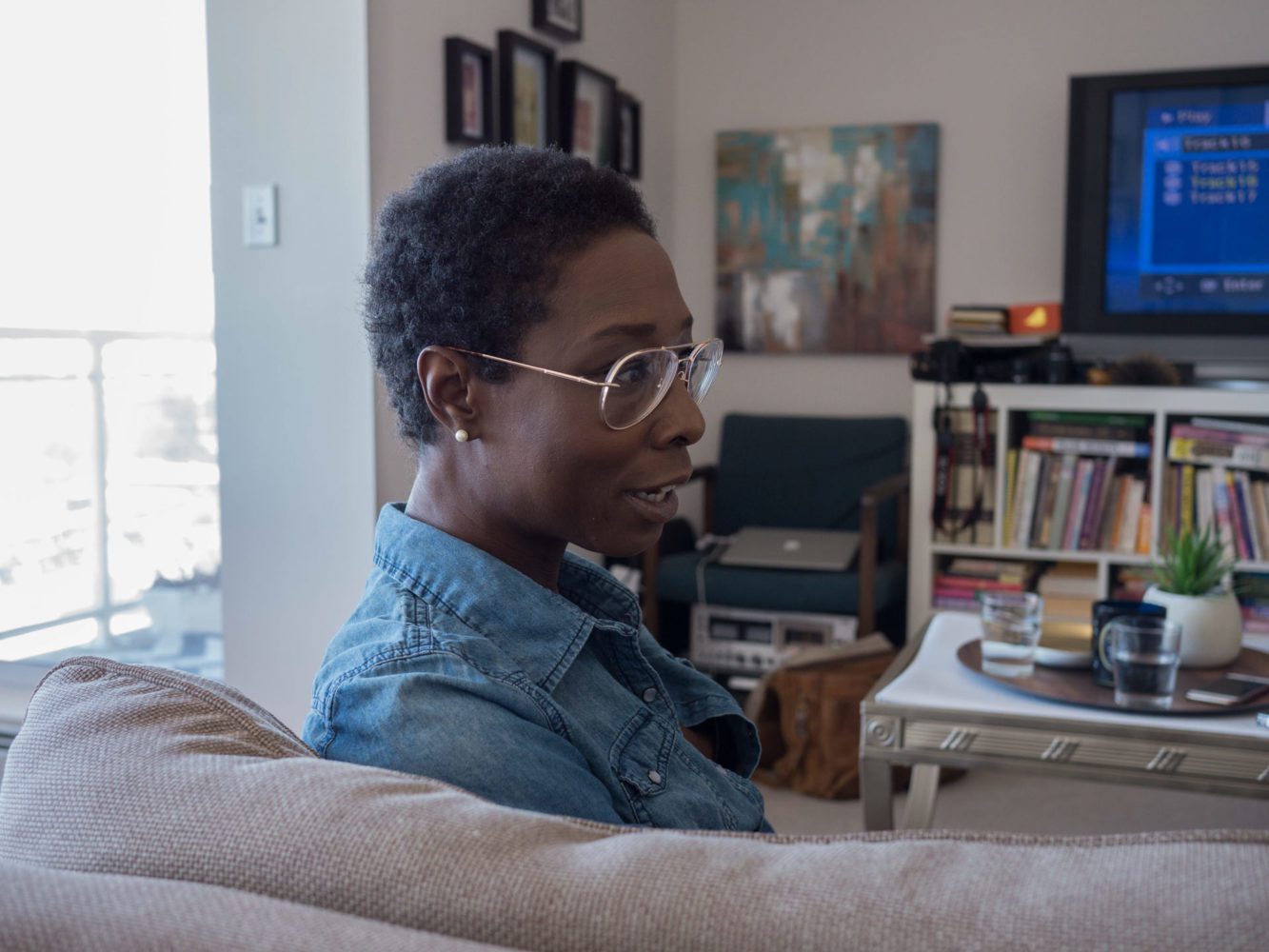
“After my cardiac arrest, one of the dialysis nurses said to me that she thought I would benefit from cardiac rehab. None of my heart failure people suggested that. So I signed up for cardiac rehab not really knowing what it was. I got into the first class and we did the warm up and there were these 70-year-old men, and they were all really keeping up. And it was hard for me. I was thinking, ‘Oh shoot, I’m in trouble!’”
“At the start I was so nervous about exercise that I would walk in my apartment. I felt that if I walked outside I might drop dead on someone’s lawn and no one would see me, whereas in my apartment my boyfriend at the time was there. I thought if anything happened he could start the compressions again. I was so scared. But gradually I started to get more and more confident. Towards the end of cardiac rehab they started to transition us into the community, so that those of us who had decided we wanted to continue exercising could do so.”
“I joined my gym and I got hooked. I was working out with healthy people, and I really got into it. Right now I have to take a break because the open-heart surgery and the cancer knocked the wind out of me. I just can’t fathom exercise now. But I am normally in the gym four times a week.”
For me, it was learning that you can be sick, you can have a chronic illness, and you can still be fit.
“I asked my former cardiologist why he’d never suggested cardiac rehab. He said that he hadn’t thought it would be helpful. Then he said something that really bothered me. He had the nerve to say that the fact I had improved so much after rehab was ‘anecdotal’. I was really hurt. My quality of life had drastically improved, and that didn’t seem important to him because he seemed to only care about what the studies prove.”
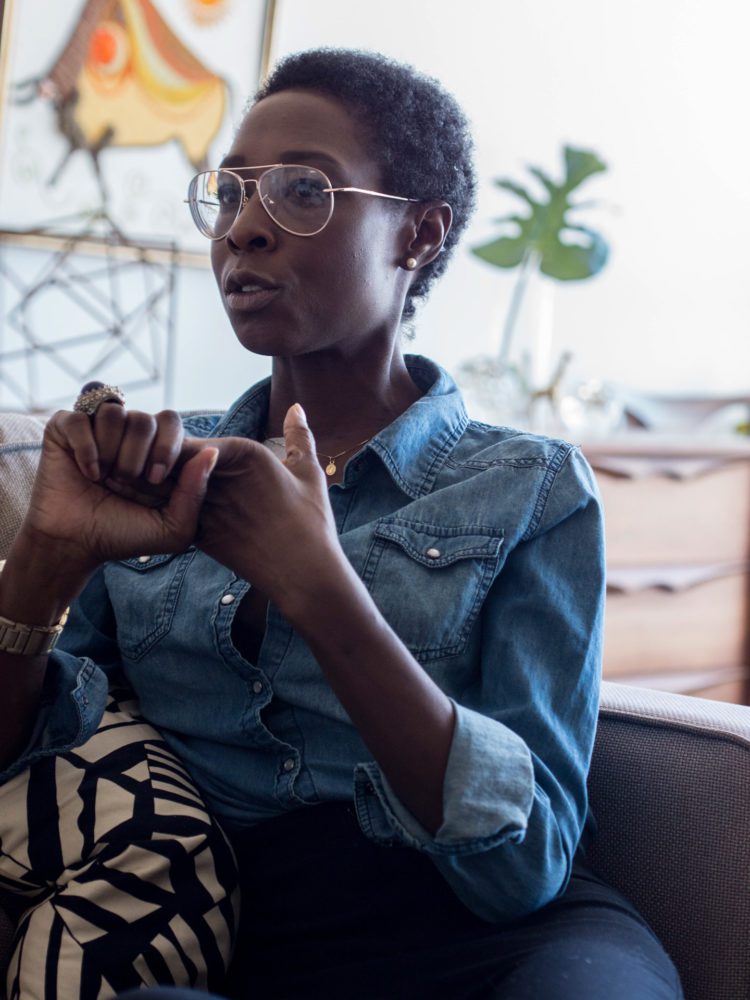
“I wish there were chronic health rehabilitation programs that are coordinated with each other.”
“In my case, the renal dietitian and the cardiac dietitian ended up meeting because I was so confused because the two of them were telling me the exact opposite about what to eat!”
“I don’t think it should be so siloed. I am really into inter-professional teams. One of the things I love about when I go to a particular hospital in Toronto is that I meet with the doctor (the same doctor every time), one nurse, the pharmacist, the dietitian and the social worker. And then they sit down in rounds afterwards and discuss me like a real person. I’ve felt best cared for under that model of care. And it just makes sense for that inter-professional model to be to be extended so people who are managing different illnesses are in communication with each other.”
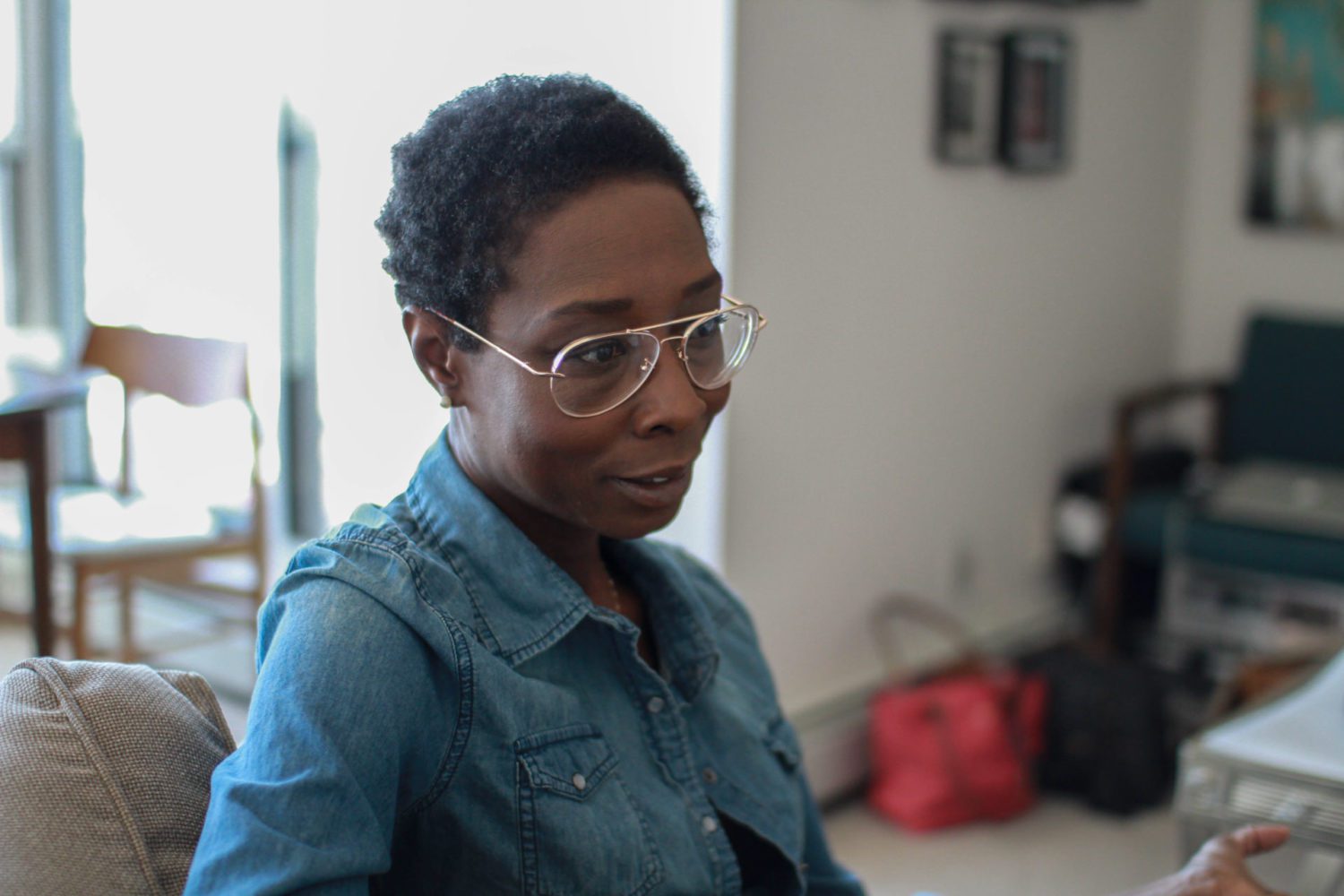
“I definitely have my moments. I will be honest. Within the last two years I have called the social worker three times to say I’d like to sit down and discuss palliative care and discontinuing dialysis. Really dark moments. Maybe a few too many hours in that room doing dialysis by myself without a care partner.”
“But I am surrounded by so much love. Every weekend during the last month I’ve had visitors – people flying in to spend time with me. All the telephone calls and texts and emails and cards and presents and packages definitely help. I feel really loved and supported. My friend Izabela who is here now is a prime example. This is someone who’s held my hand while they have done emergency hemodialysis, which was terrifying because they use big, giant needles and you can see the blood coming in and out of you. This is a person who has sat with me in ICU and held my hand and talked to me and been encouraging. Some of my health care providers have been great too.”
“I don’t know how so many people in the hospital knew about my cancer, but I had nurses and doctors come up to me with their eyes welled with tears and say ‘Karen, we’re thinking about you.’”
“Being positive and being happy – some of that is my work. I meditate; I do yoga for 10 minutes every morning. I try and read positive things. I started horseback riding in the past two years because I knew it was therapeutic and getting out into nature and being around the animals is great.”
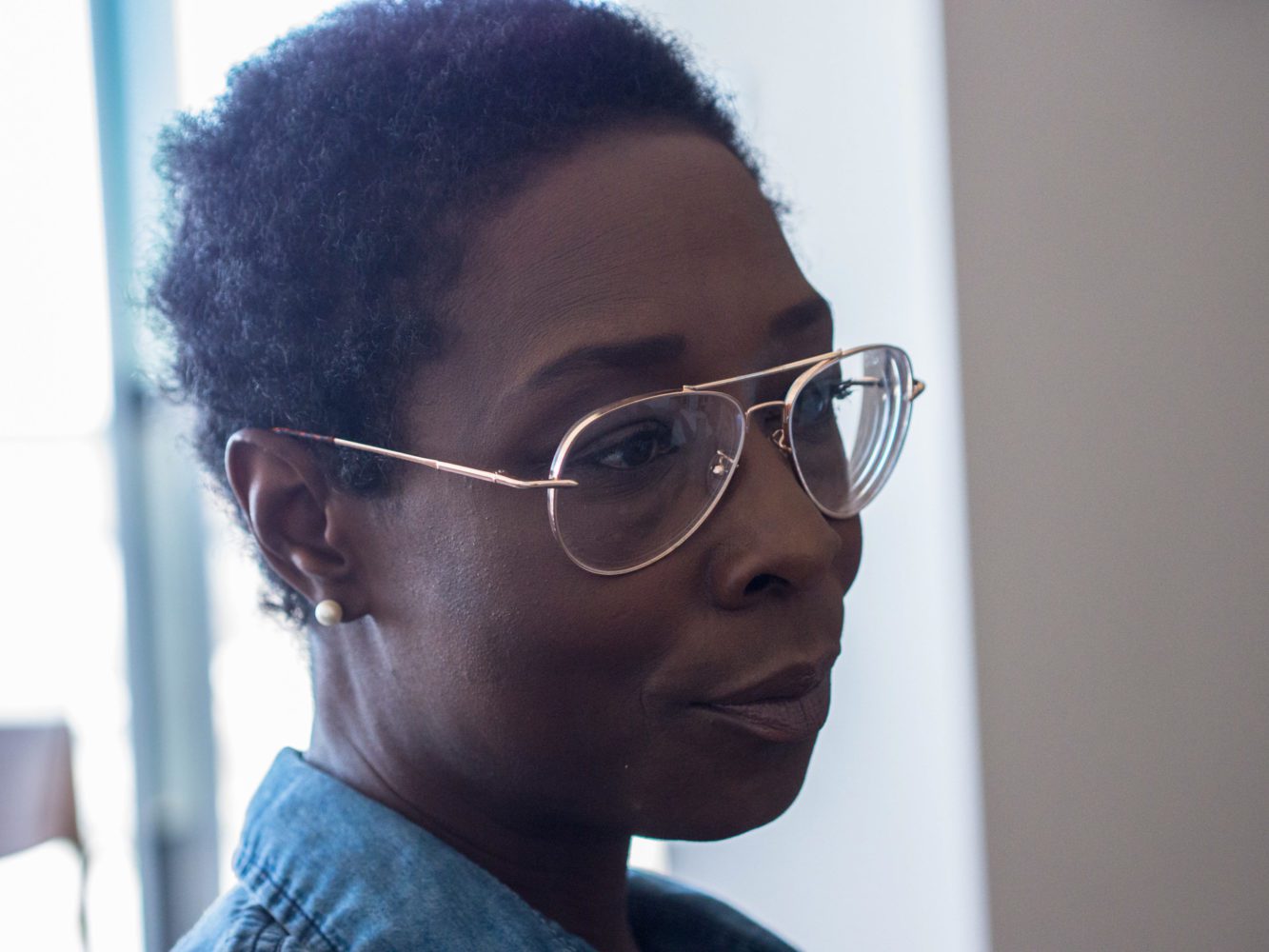
“I am on home dialysis – I hook myself up to a machine three or four times a week for four hours at a time and the machine removes the toxins from my blood that my failed kidneys can’t. I know this sounds weird, but I am very lucky to be on dialysis, because if I decide that I have had enough, end of life care is really settled. We know how to stop dialysis and we know exactly how to keep somebody comfortable and for them to pass. It’s not considered committing suicide, it’s just considered discontinuing treatment. So through all of this, I feel like I have control. It’s going to sound weird, but I really appreciate that. That’s something that I have held onto this whole time, knowing that if things just get too much, that I have an out.”
“This couch – one of my best friends wants it. I would have this couch moved out, and I’d put my hospital bed right here, with sunlight coming in, and I’d get to pass with dignity and in comfort, with help in my own home. At times that has been my comfort, my solace.”
“I’ve had some friends who were like you know, ‘F that! What, what are you talking about?’ But most people understand. They know that I’ve really worked hard. This has not been an easy ride. I’ve come home in a walker in my 30s. I think it’s really important to understand that some of the things that we have the capability to do in medicine, we shouldn’t be doing. Just because we can doesn’t mean we should. For example, the doctors are worried the cancer will come back and they’re talking about me having a heart transplant. I am going to consider it, but just because you can give me a heart transplant doesn’t mean that it’s right for me.”
Karen Nicole’s blog can be found here.



The comments section is closed.